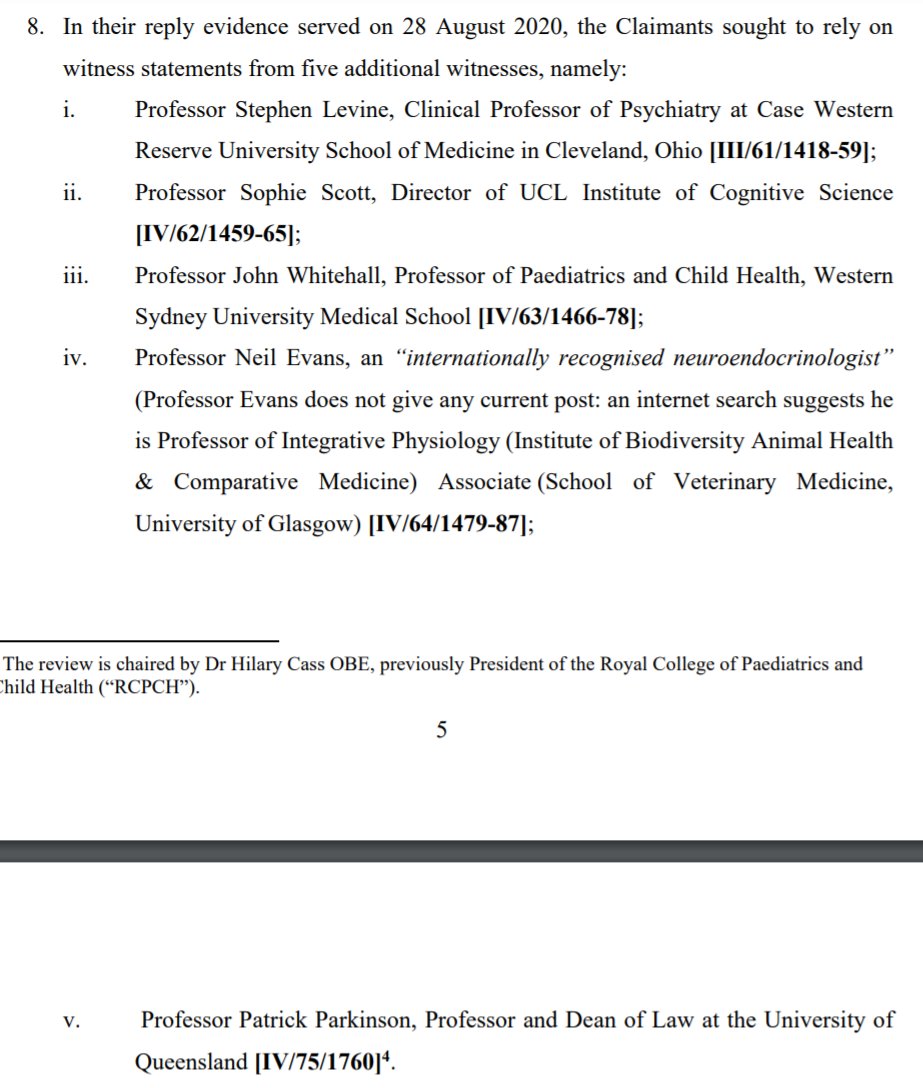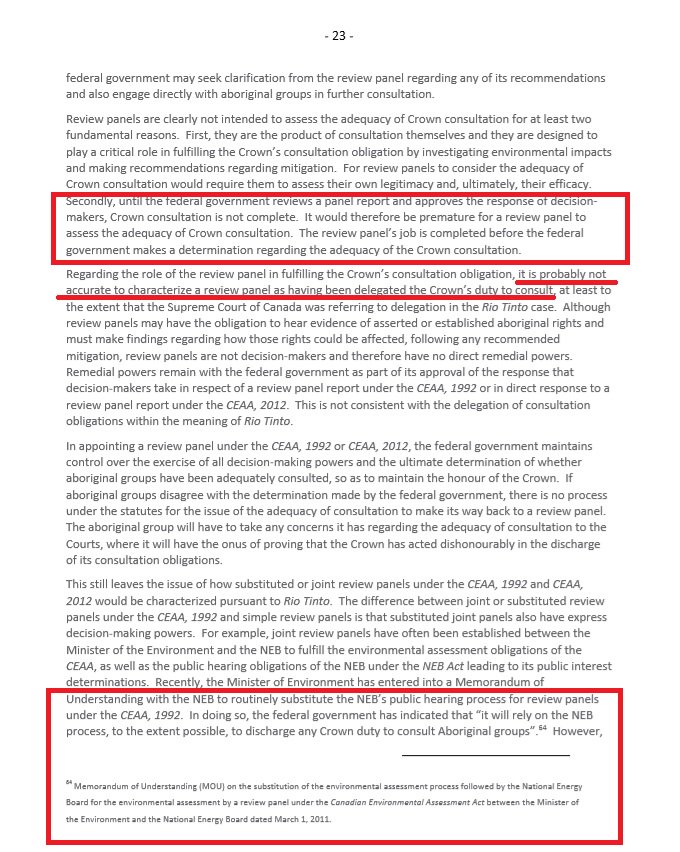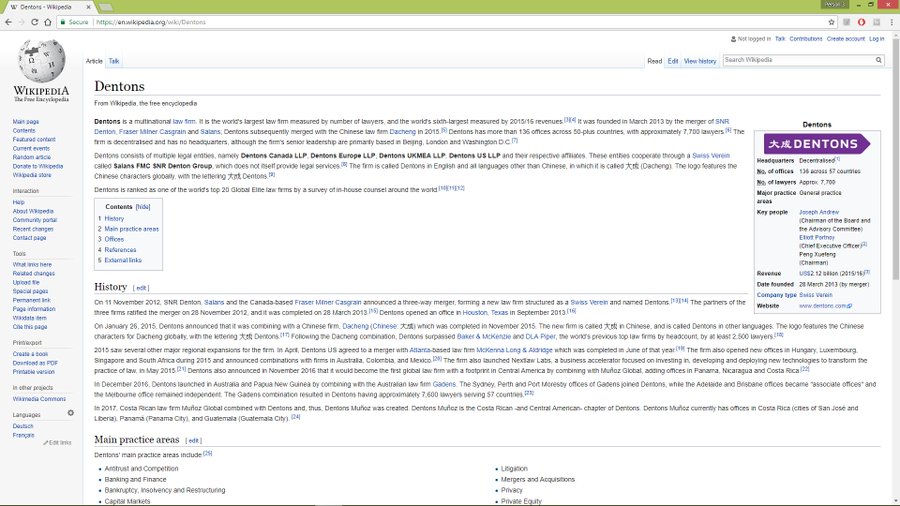I’ve often said that nothing is normal about Julian Assange’s case. Here’s my list of the top 10 least normal aspects, strictly on the logistical side of monitoring the extradition proceedings (this is not to mention the many substantive issues that are also far from normal).
More from Law
No matter how this trial plays out, the US will remain divided between those who choose truth, Democracy, and rule of law and the millions who reject these things.
1/
Wouldn't he just use this to repeat his Big Lie and have GOP echo him?
— Thel Marquez (@theljava) January 31, 2021
The question is how to move forward.
My mantra is that there are no magic bullets and these people will always be with us.
Except for state legislatures, they have less power now than they have for a while.
2/
The only real and lasting solutions are political ones. Get Democrats into local offices. Get people who want democracy to survive to the polls at every election, at every level.
It’s a constant battle.
3/
Maybe I should tell you all about Thurgood Marshall’s life to illustrate how hard the task is and how there will be backlash after each step of progress.
4/
Precisely. That's why Thurgood Marshall's life came to mind.
We are still riding the backlash that started after the Supreme Court decision in Brown v. Board of Education.
That's why I keep saying there are no easy
Yep. My relatives continue to support Trump and make false equivalencies as justification. I\u2019ve found it impossible to present factual information that changes minds. Trump\u2019s emotional appeal registers with them: that things were better before civil rights advances.
— Martha Brockenbrough INTO THE BLOODRED WOODS (@mbrockenbrough) January 31, 2021
You can see who gave evidence in her support from these extracts from the Tavistock's Skeleton Argument.

Helpful for you to bear in mind that her solicitor was a man called Paul Conrathe, who has a long association with the religious right in the US (I have talked about him a number of times but this is as good a starting point as any).
In this thread, I noted the lawyer acting against the Tavistock, Paul Conrathe, is using very similar arguments (those under 18 cannot consent at all; or cannot lawfully consent without x conditions) as he has run/is running in a number of cases challenging abortion rights. https://t.co/gJk4c9bUED
— Jo Maugham (@JolyonMaugham) June 21, 2020
I am not going to address here other criticisms that might be made of the form in which that evidence was given or the timing of its service before the court. I am just going to address, in alphabetical order, the individuals whose evidence Mr Conrathe led on Ms Bell's behalf.
The first witness, alphabetically, was Associate Professor of Sociology at the University of Oxford, Michael Biggs.
Mr Biggs was exposed for posting transphobic statements online under a fake twitter handle: @MrHenryWimbush according to this report.
The entire first part of the hearing related to messages sent by certain individuals from the Stonewall Trans Advisory Group seeking cooperation with trans allies at Garden Court. So far all the discussion has been about whether their names must remain redacted.
— LGB Alliance (@ALLIANCELGB) February 11, 2021
The judge has ruled that for this hearing only, the names should remain redacted.
It is a Rule 50 Order. These particular individuals are members of Stonewall’s Trans Advisory Group and their names may well be known elsewhere. What is relevant is the messages from the group to Garden Court.
The judge states she would not make the same decision at the full hearing. This is only for the preliminary hearing.
Having dealt with the anonymity issue we now move to the main submissions in the case.
\U0001f6a8New investigation: \U0001f6a8
— Tal Kopan (@TalKopan) January 22, 2021
How sexual harassment and misconduct has been allowed to flourish in the immigration courts, a system intended to give immigrants a fair chance to stay in the U.S.:https://t.co/Lw8hpK5jSe
The story notes that the EOIR Director served as an ICE attorney in Atlanta and practiced before Cassidy for years. And it points to FOIA records unearthed by Bryan Johnson showing they remain friendly.
A trove of complaints against Cassidy was published by AILA in 2019 after FOIA litigation. They generally show misconduct, substantiated in the record, followed by "written counseling" etc.
One way Cassidy could avoid discipline is by turning off the recording device during the hearing. If he made a lewd or offensive comment off the record, all the EOIR would do is listen to the recording. If it's not there, the complaint is "unsubstantiated" https://t.co/wUeBPEEbpV

In that case, Cassidy joked about a detained immigrant saying he missed his wife. The complaint was dismissed because the ACIJ found "no levity or joking" in the comment.

















